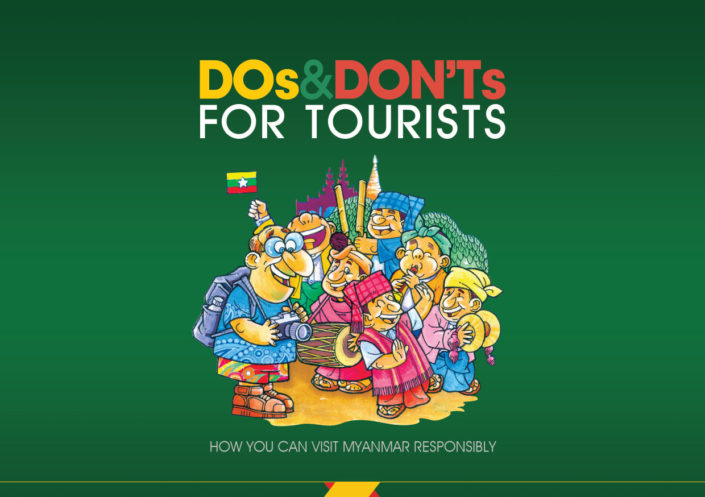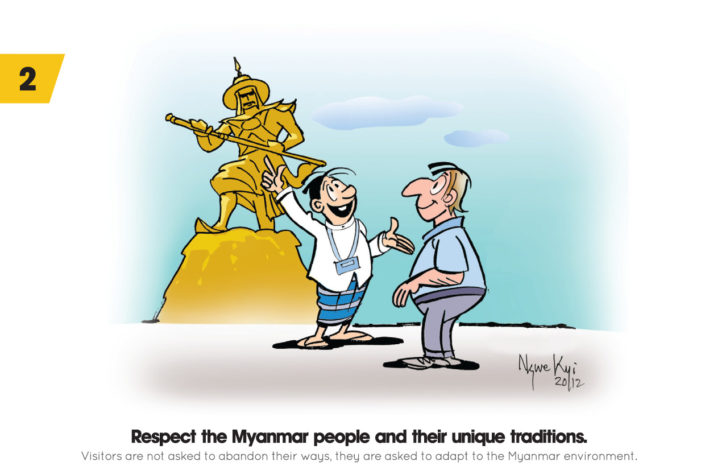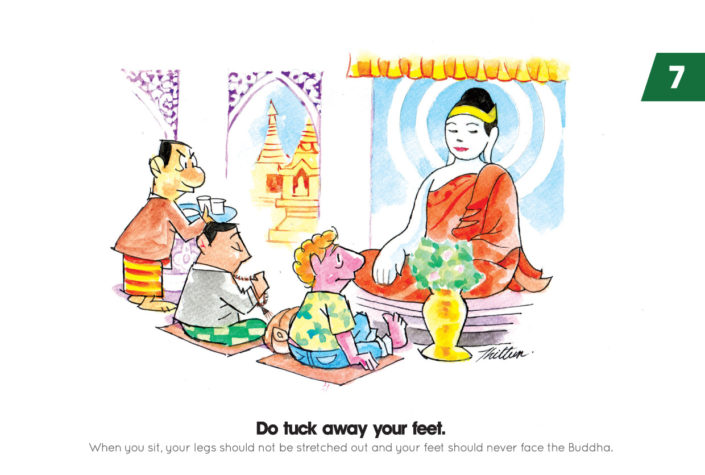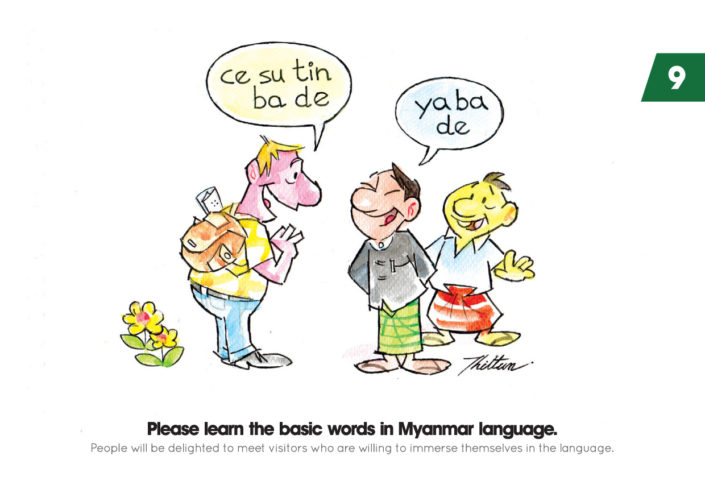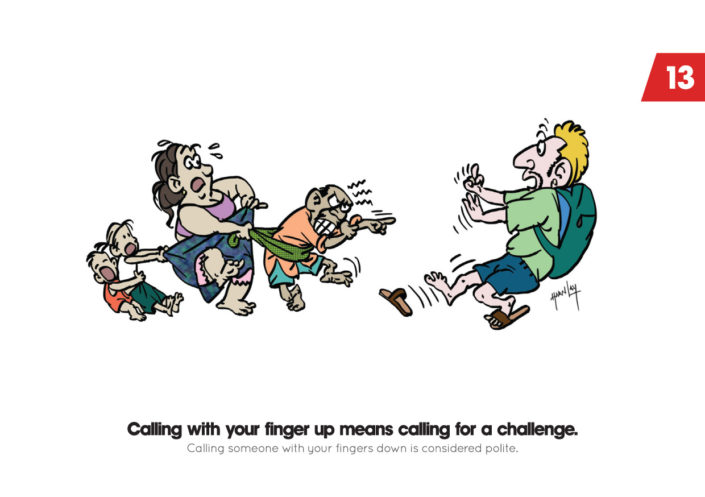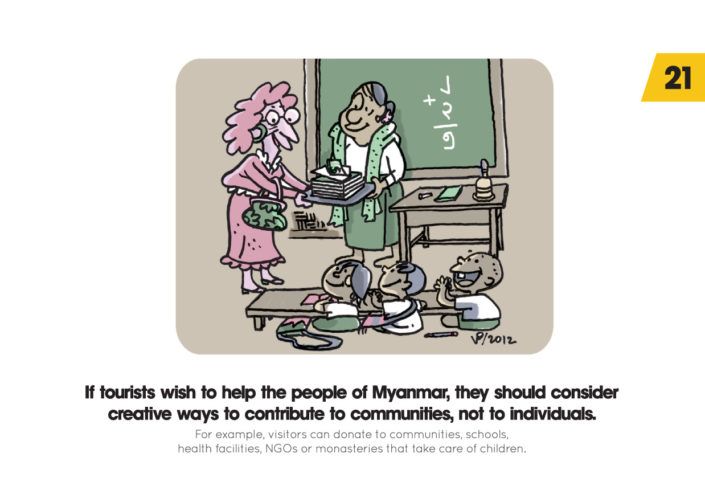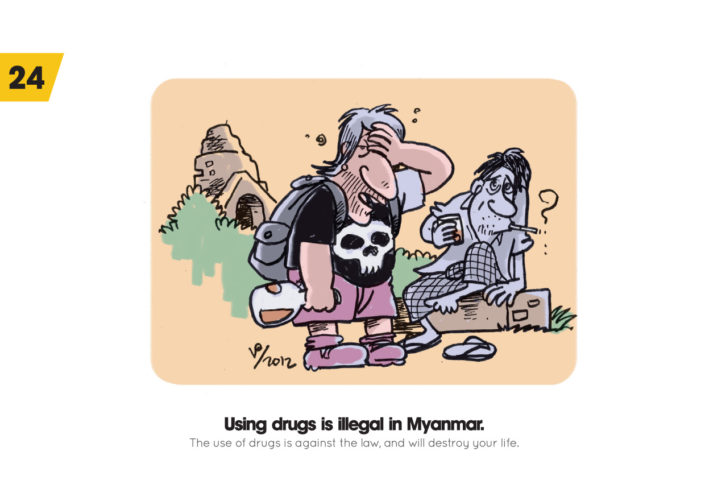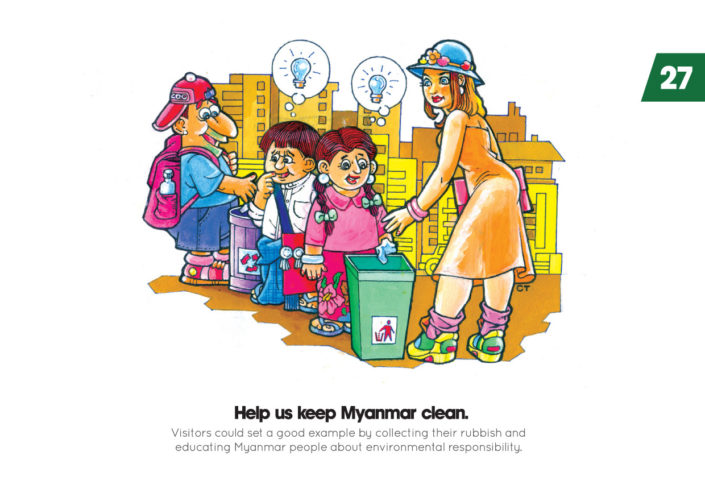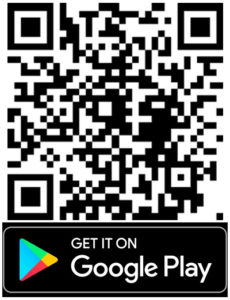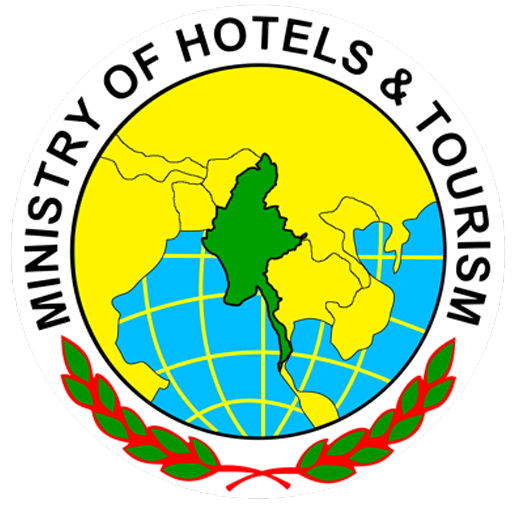The Do’s and Don’ts of Travelling in Burma / Myanmar
- Do say “Mingalarbar” when meeting someone, use “U” in front of men names and “Daw” in front of women names;
- Do let the oldest be served first;
- Do offer articles with both hands and keep both feet on the ground;
- Do bend slightly in front of the elders;
- Do dress and act decently, speak slowly and clearly;
- Do ask permission before taking photographs;
- Don’t touch anybody’s head; Don’t touch women;
- Don’t point a finger straight in the face;
- Don’t step over any part of the person;
- Don’t go where you are advised not to go;
- Don’t traffic, handle, or use narcotic drugs;
- When entering pagodas or monasteries, wear decent clothes (no shorts, bare shoulders or chests) and take off your shoes;
- Don’t sit with your back towards Buddha’s image;
- Show respect to monks, novices and nuns, don’t offer to shake hands, a woman should not touch a monk, don’t step on a monk’s shadow;
Don’t handle Buddha images or sacred objects with disrespect or keep them in inappropriate places (on the floor for example)
Typical Character
- Friendly, helpful, honest, but proud.
- Treat everyone with respect and you will be respected.
Speaking
- When addressing people, don’t leave out U (which stand for Mr) or Daw (which stand for Ms/Mrs)
- Speak slowly and clearly.
Manners
- Not always necessary to shake hands.
- Don’t hug or kiss in public.
- Don’t touch any adult on the head.
- Don’t step over any part of a person, as it is considered rude.
- Accept or give things with your right hand.
- In Myanmar, unlike the Indian continent, nodding mean YES, and shaking head means NO.
Eating
- For hygiene reasons, eat only in decent restaurants.
When not available, always eat heated food.
- Don’t eat food purchased from street vendors.
- Don’t drink tap water.
- Drink only bottled water and soft drinks that haven’t been opened yet.
- Let the oldest be served first.
- Chinese food is common and suggested.
- Myanmar food are often complained as ‘oily’.
- To try good Myanmar food, go to decent restaurants in Yangon area, where they cook Myanmar food according to international standards.
Shopping
- When buying gems, sculptures, or any expensive souvenir, make sure it comes with an export permit.
- Buy arts from authorized dealers only and get a certified receipt.
Safety
- Don’t leave expensive items in your room. Use safe deposit box.
- Beware of cheats, swindlers, imposters.
Health
- Stay away from narcotic drugs.
- Carry some medicines for diarrhea.
- If sick, don’t worry. All doctors are English literate.
- Health insurance is not available
Traveling
- Accept that facilities may not be the best.
- On trains, keep windows shut.
- Speed or distance descriptions are in miles, not kilometers.
- Carry toilet paper in your bag.
Visiting
- Most Myanmar do not wear shoes in their homes. Take off when visiting.
Moving About
- Don’t jay walk. Watch where you walk and what you step on.
- If driving, city speed limit is 30 mph. Drive on the right side.
Religion
- At religious places, remove footwear, but to remove headwear is not necessary.
- Avoid shouting or laughing.
- Avoid being a nuisance when taking photographs.
- Tread Buddha images with respect.
- Tuck away your feet. Don’t point it toward the pagoda or a monk.
- Don’t play loud music in these areas. Note that Buddhist monks are not allowed to listen to music.
- Do not put Buddha statues or images on the floor or somewhere inappropriate.
- Don’t touch sacred objects with disrespect. Hold them in your right- hand, or with both hands.
- Leave a donation when possible.
- Show respect to monks, nuns, and novices (even if they are children).
- Don’t offer your hand to shake hands with a monk.
- Sit lower than a monk and elders.
- Don’t offer food to a monk, nun, or a novice after noon time.
- A woman should not touch a monk.
(Originally published under http://www.myanmartourism.org/dosanddont.htm)

